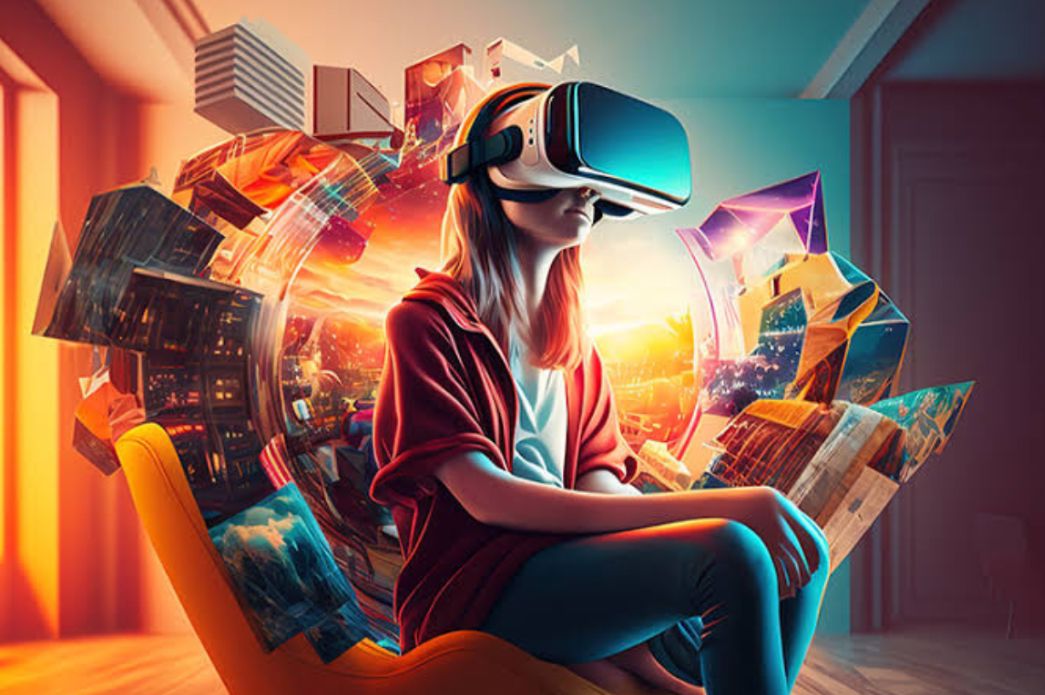This spring, OpenAI's C.E.O., Sam Altman, advertised a new model of ChatGPT by showcasing its ability to write fiction, specifically a story about grief in the style of metafiction. The bot generated a winding tale that compares grieving a dead loved one to the loss function, technical jargon for a bit of the math that makes modern artificial intelligence systems work. As a professor of literature, I think the story is a solid illustration of the genre, but I don't think it proves that ChatGPT is intelligent; it just shows that it is an expert imitator of style. The real question is, why are we so obsessed with A.I.? Is it really about intelligence, or is it something more primal - our love of entertainment?
The debates about A.I. have been raging, with some calling it a "scam" or an animatronic simulation of intelligence. Critics like Tyler Austin Harper, Emily Bender, and Alex Hanna argue that A.I. is a con, a set of tricks that produces "synthetic text" rather than human meaning. However, these criticisms miss the point that humans love to play games with language, not just use it to test intelligence. What Mr. Altman inadvertently showed us is that what is really driving the hype and widespread use of large language models like ChatGPT is that they are fun. A.I. is a form of entertainment, and OpenAI seems to understand this, teaming up with Mattel to create a Barbie you can have a conversation with.
The numbers don't lie - ChatGPT was the fastest platform to gain 100 million users, a feat it pulled off in just two months. Hundreds of millions of people are using these systems to write emails, simulate tutors, and even fall in love with their chat-partner avatars. The scholar Neil Postman's idea about the rise of television - that we were "amusing ourselves to death" with the medium - could extend to A.I. You can't become obsessed with something that isn't amusing in the first place. No one ever fell in love with a calculator. The Eliza effect, a term coined after the first chatbot, built by Joseph Weizenbaum in 1966, refers to the phenomenon of being fooled into thinking you're dealing with an intelligent being when you're not. But what if the effect is a sign of not delusion but a simple desire to keep chatting, to play with the limits of language?
When a Times of London journalist posted an A.I.-generated review of Martin Amis's novel "The Rachel Papers," he set off a vehement debate about whether the passage was of magazine quality or shallow and repetitive. The argument wasn't really about intelligence; it was about words. Underneath all the barbs and shouting, I saw people reading and interpreting, passionately. The panic about A.I. is reminiscent of the panic about video games in the past, which were supposed to degrade us morally, make us stupid, and otherwise warp society permanently. None of that happened, even as video games became a globally popular form of entertainment. Even the most serious face of A.I. - its ability to pass tests, solve difficult logic problems and math problems, and hit benchmarks - can also be viewed as a form of entertainment: puzzles. Humans have always used cognitive challenges as a form of fun, and the history of A.I. is filled with these types of games, such as chess and Go.
As I've watched people adopt these systems, what I've seen is mostly people playing with art and language. If you go through the history of these bots, you see poetry, fiction, and all kinds of little genre experiments as a constantly recurring theme. Literary uses like this are deployed to advertise the bots and their abilities, as well as quantitative metrics to determine A.I.'s linguistic capabilities in formal data science papers. The effect isn't limited to language, either. OpenAI also advertised one of its early models with an image produced by the prompt "astronaut riding a horse." The natural response to this image is to think, "Cool!" A.I. is a culture machine, and its entertainment value is undeniable. While I share many of the worries of the critics, particularly when it comes to A.I.'s deployment in sensitive areas like medicine and military applications, I think we need to take a step back and recognize that A.I. is primarily an entertainment system.
In conclusion, we ought to think about A.I. as an entertainment system before anything else. Would you replace all of primary education with "Sesame Street"? Or decide government policy with SimCity? It's not an insult to the beloved children's program or computer game to say "no." The lesson is simple: We might be taking A.I. too seriously. By recognizing the entertainment value of A.I., we can have a more nuanced conversation about its potential benefits and drawbacks, and avoid getting caught up in the hype and hysteria surrounding this technology.

AI Analysis Engine
Advanced content understanding & insights
Executive Summary
Key Insights
Implications
Analyzing Content
Our AI is processing the article...
7
Article Views
0
Comments
Community Consensus
Diverse perspectives, shared understanding
0
Perspectives
0
Votes
1
Article Likes
Loading community perspectives...
Quick Poll
How does this article impact you?
0
Participants
4
Options
--
Engagement
Loading poll options...
Recommended Reading
More Great Reads
Continue your journey with these hand-picked articles from our community
Finding Perfect Reads
Curating personalized recommendations...
Community Discussion
Thoughtful conversations, diverse voices
0
Comments
1
Likes
7
Views
Share Your Thoughts
Anonymous
No comments yet
Be the first to share your thoughts and start the conversation!
